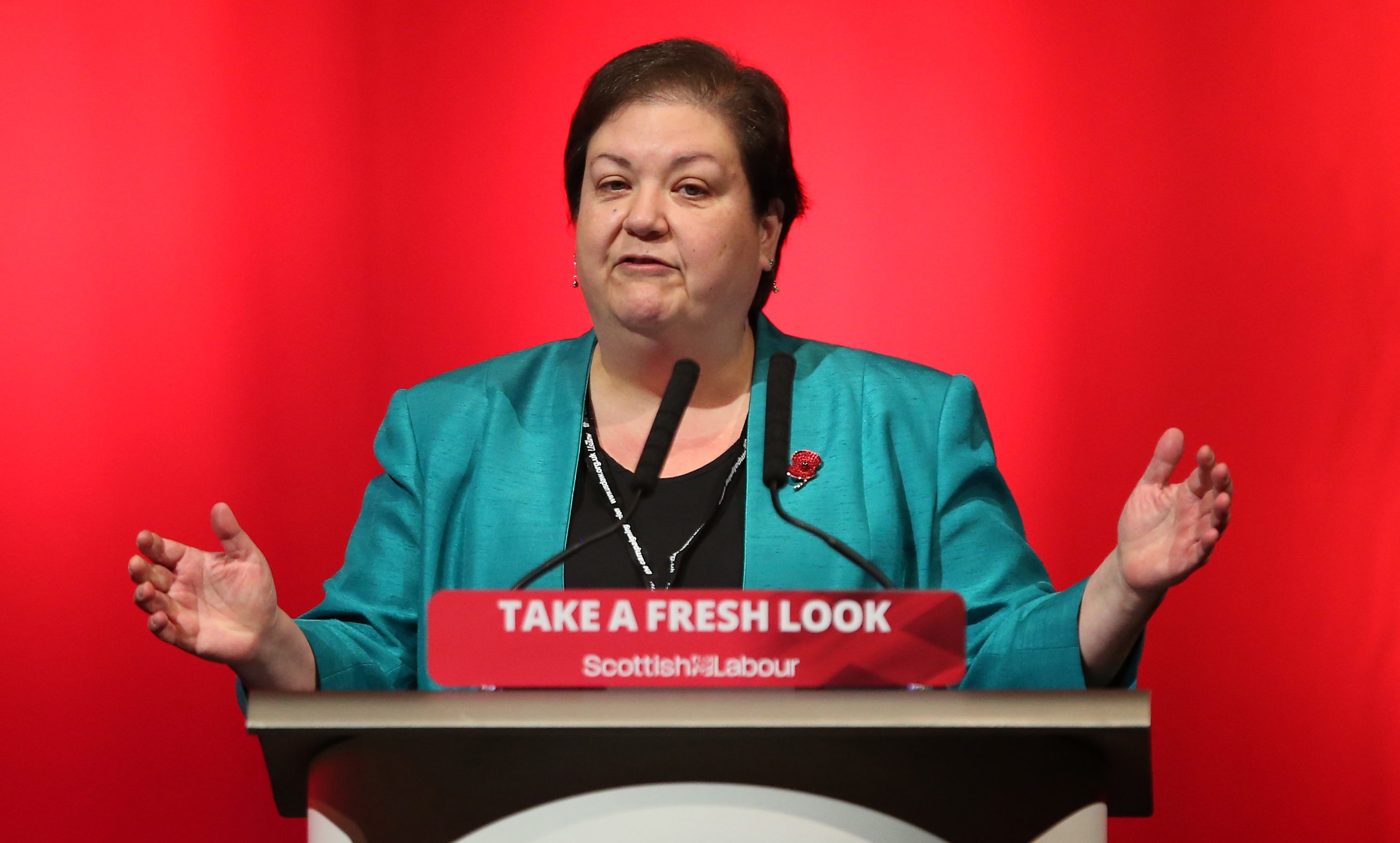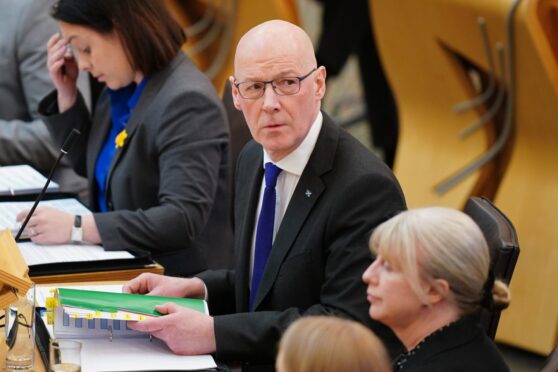Scottish Labour has published its Brexit action plan, outlining steps it says the Scottish Government should take to protect jobs and the wider economy in the wake of the vote to leave the European Union (EU).
It has called for increased spending on infrastructure projects and the creation of a Brexit fund for “at-risk” sectors such as construction.
First Minister Nicola Sturgeon has vowed to examine all options to protect Scotland’s place in Europe after the majority of Scots voted to remain in the EU in the June ballot.
Scottish Labour said action is needed immediately to mitigate the impact of the Brexit vote and after new data showed growth in the Scottish economy stalled at the start of the year.
Its plan says the Government should announce its intention to implement “a significant and sustained programme of capital spending”, using Holyrood’s new borrowing powers to increase its scale.
Ministers should accelerate existing capital spending commitments while any increase in infrastructure spending should focus on affordable homes, the party said.
A Brexit fund – which could be provided in the form of loan guarantees – should be brought in to help areas which could be badly hit by the EU leave vote, such as construction, food and drink, and research and innovation.
Scottish Labour economy spokeswoman Jackie Baillie said: “Whilst the SNP are entirely right to continue to attempt to secure Scotland’s place in Europe, they can’t take their eye off the day job – they have a duty to protect Scottish jobs and the Scottish economy from the fallout of Brexit in the short, medium and long term.
“Bringing forward infrastructure spending will give our economy a boost – and Labour would argue the primary focus should be housebuilding so we can tackle Scotland’s housing crisis.
“The SNP government should also establish a Brexit support fund for industries most at risk and use the tax powers of the Scottish Parliament to stop the cuts to public services.
“Scotland’s economy will face serious challenges regardless of how the process of Brexit plays out – it is vital that the SNP government have a plan in place to protect our economy from the shocks it will face now and in the future.”
The party has also repeated calls for existing workers’ rights in the UK to be guaranteed and for confirmation that EU nationals studying, working and living in the UK can remain after Brexit.
Scottish Labour leader Kezia Dugdale said: “The consequences of the UK voting to leave the EU will be felt for years to come and the only thing we know for sure is that we don’t know very much about what the future holds.
“Labour stands with the majority of Scots who want to be part of the UK and the EU – we won’t give up pursuing those options, but protecting jobs and public services must come first.”
A spokesman for Economy Secretary Keith Brown said: “We welcome Labour’s support for our efforts to secure Scotland’s relationship with the EU – a relationship which is crucial in ensuring that we have a strong economy which will support jobs, protect the workforce and enable us to fund our public services.
“The Scottish Government has repeatedly raised concerns over the UK’s failure to guarantee the right to remain for EU nationals.
“The First Minister and Keith Brown recently met with business leaders to hear their concerns about the EU referendum outcome and we are taking forward suggestions made by them as to how we can best-support business during this time.”
A UK Government spokeswoman said: “We will work with the Scottish Government, and the other devolved administrations, as part of Team UK to deliver the best possible deal for Britain in our negotiations to leave the European Union.”
Scottish Greens co-convener Patrick Harvie said: “Greens have long been calling for a more ambitious approach to progressive taxation, investment in housing and support for new industries in the low carbon economy, so these proposals are nothing new. We’ll continue to make this case in the Scottish budget debates.
“It’s pretty rich for Labour now to be demanding that EU citizens in Scotland should be protected or that our existing workplace rights be safeguarded – this is the party which argued against allowing the Scottish Government to gain any devolved powers over those issues.
“These measures would not avert the economic crisis that will arise if Scotland leaves the EU.
“What’s more important is that we continue to explore every opportunity possible to keeping Scotland in the European Union rather than accepting Labour’s doomed position that the decision ‘has been made’.”










